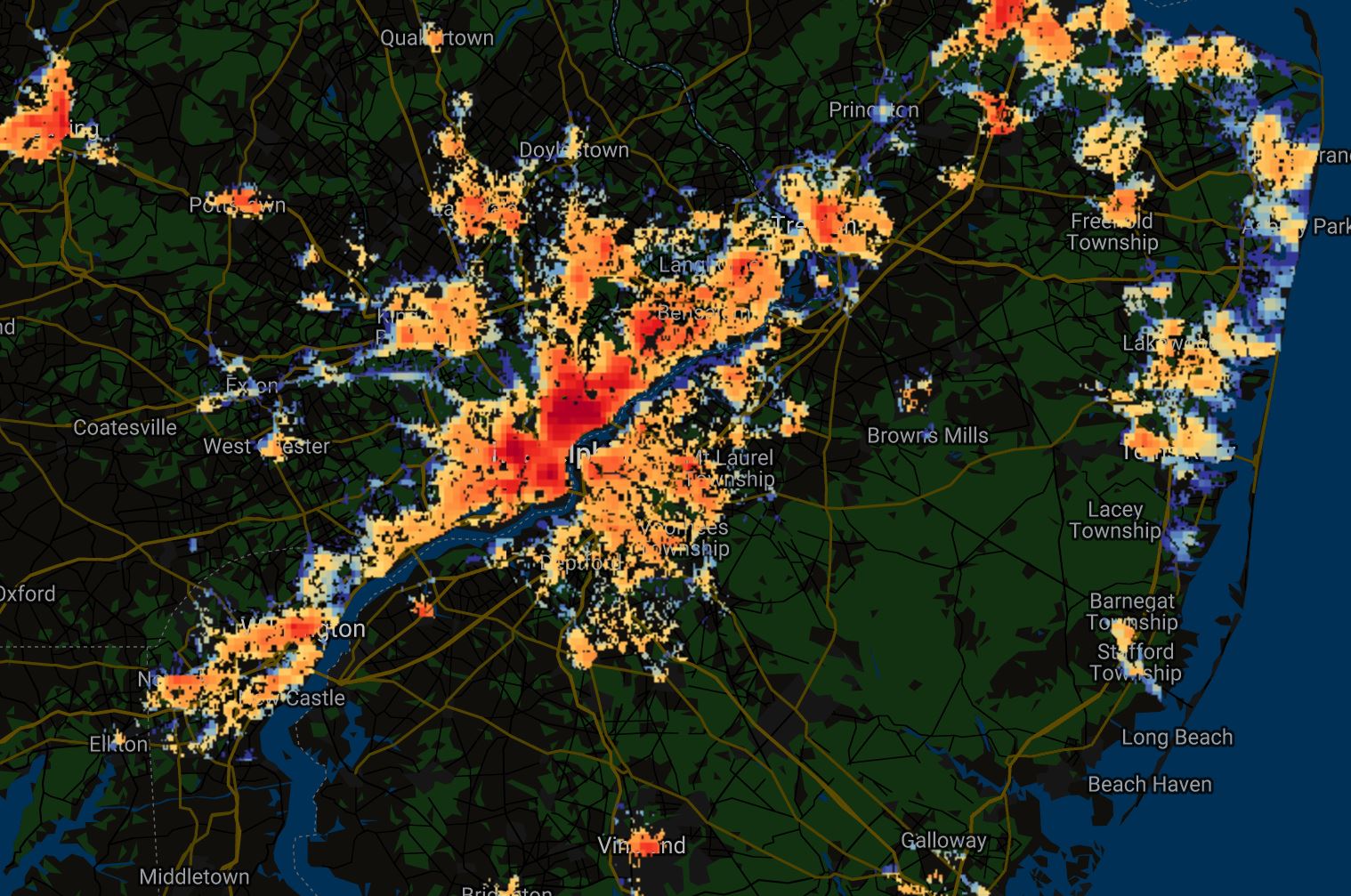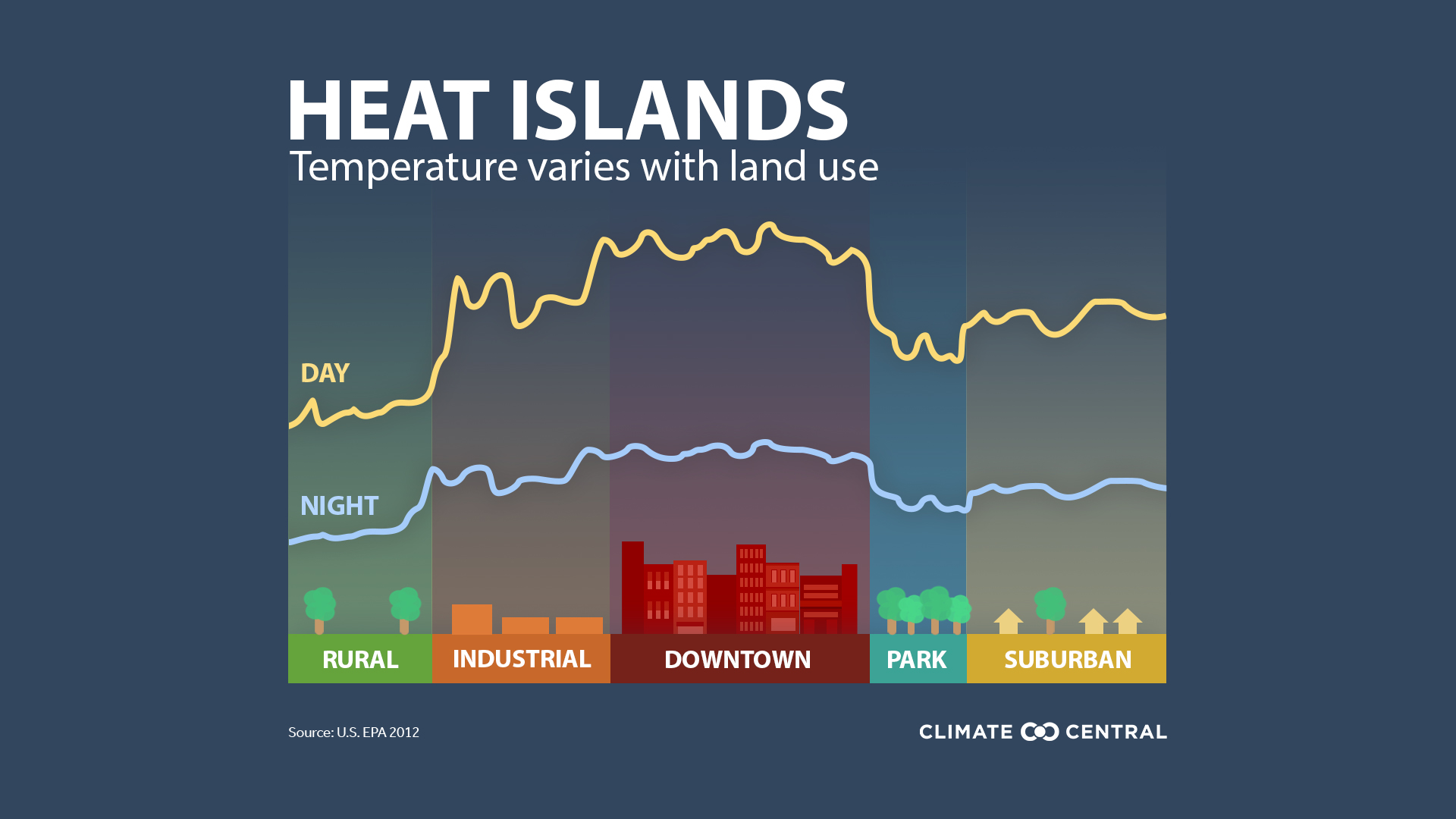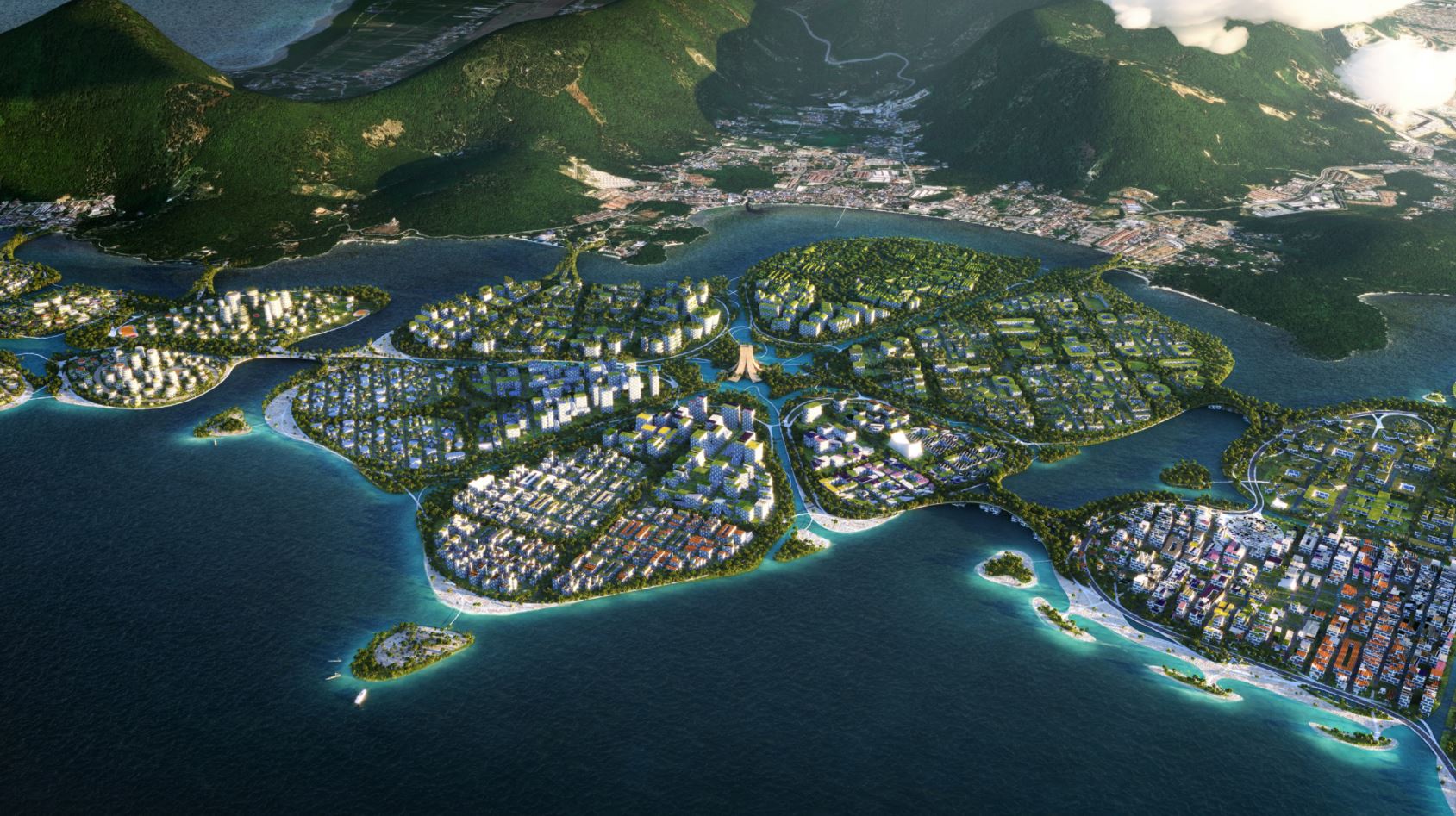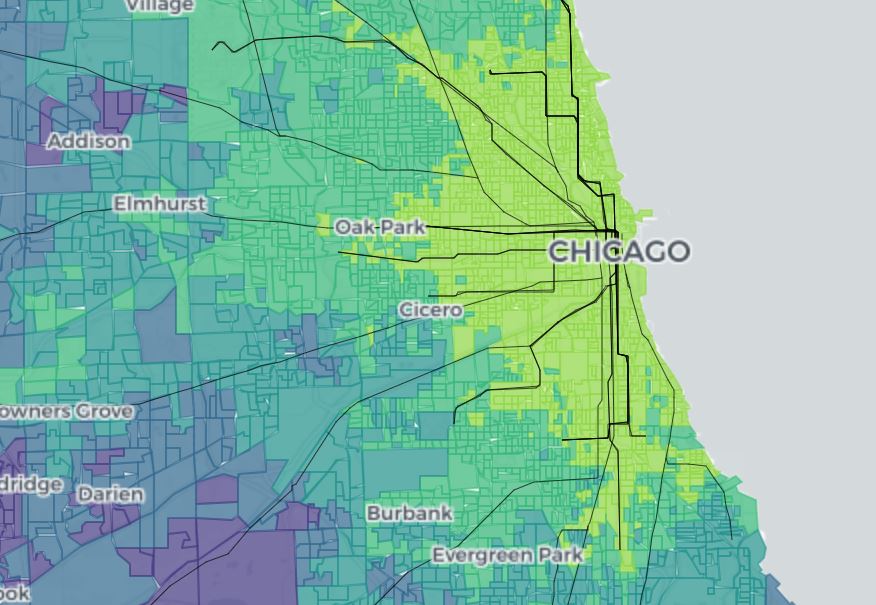Google and Facebook Offices are Threatened by Rising Seas. Taxpayers May Have to Foot the Bill
Cities around the country are facing a dilemma — build defenses against sea level rise with taxpayer money, or refuse to build defenses and watch big-name companies go somewhere else. This is what’s happening in Silicon Valley, where two of the world’s biggest tech companies — Facebook and Google — are expanding their campuses in …









